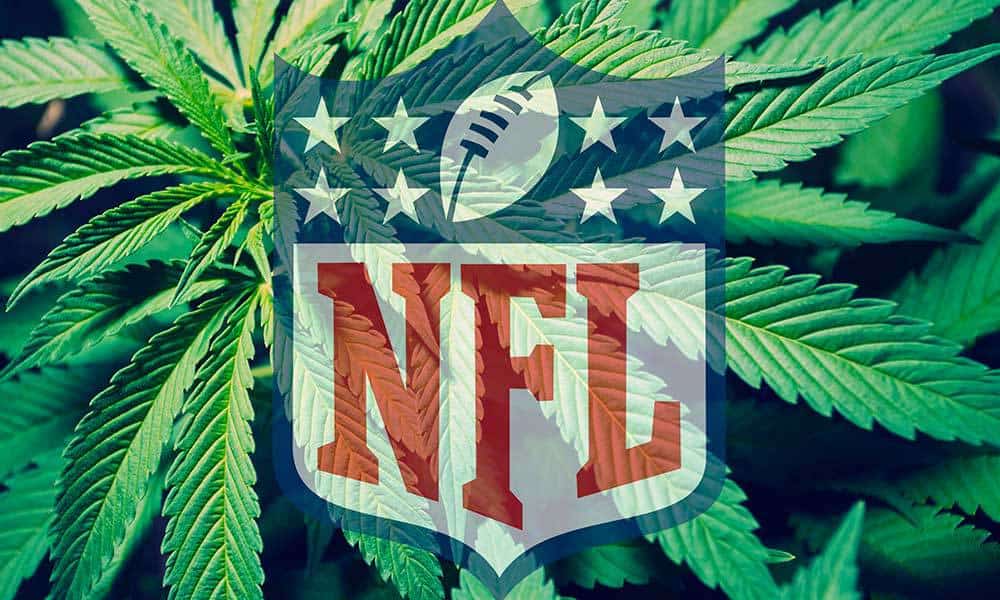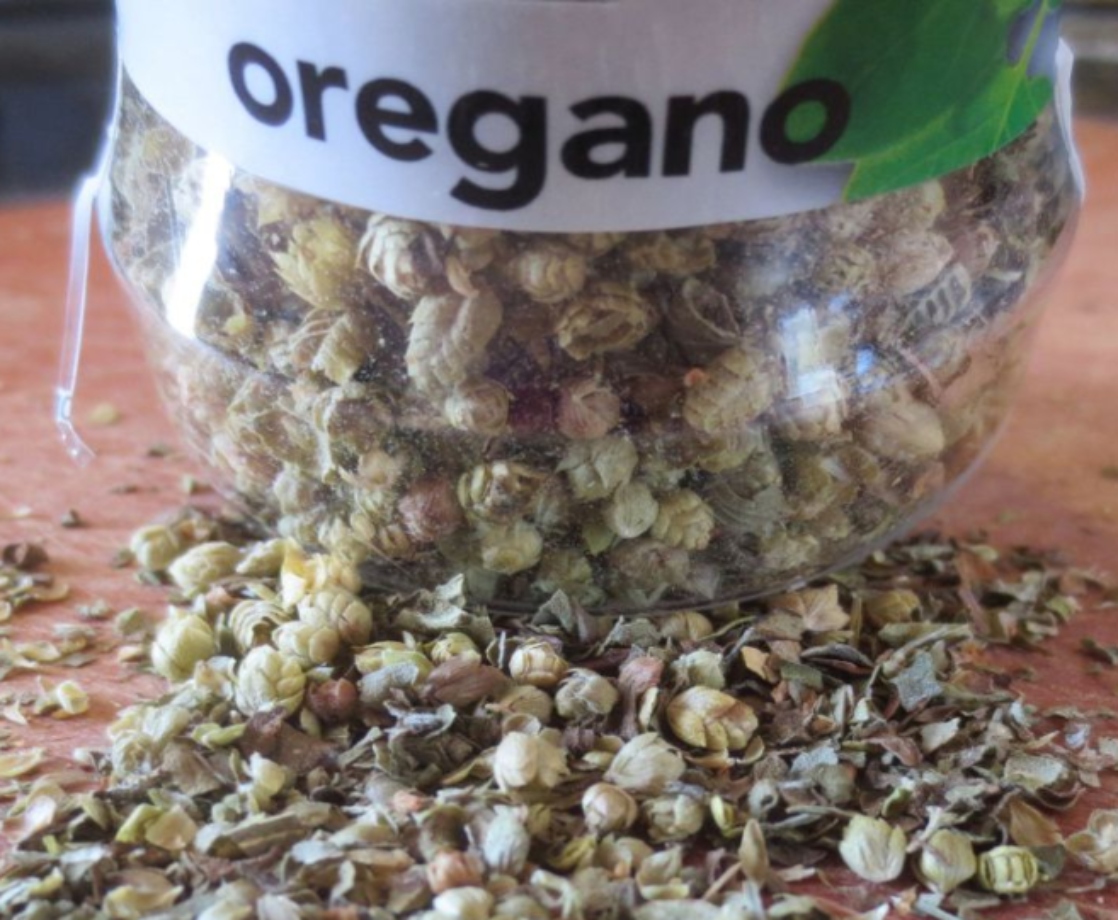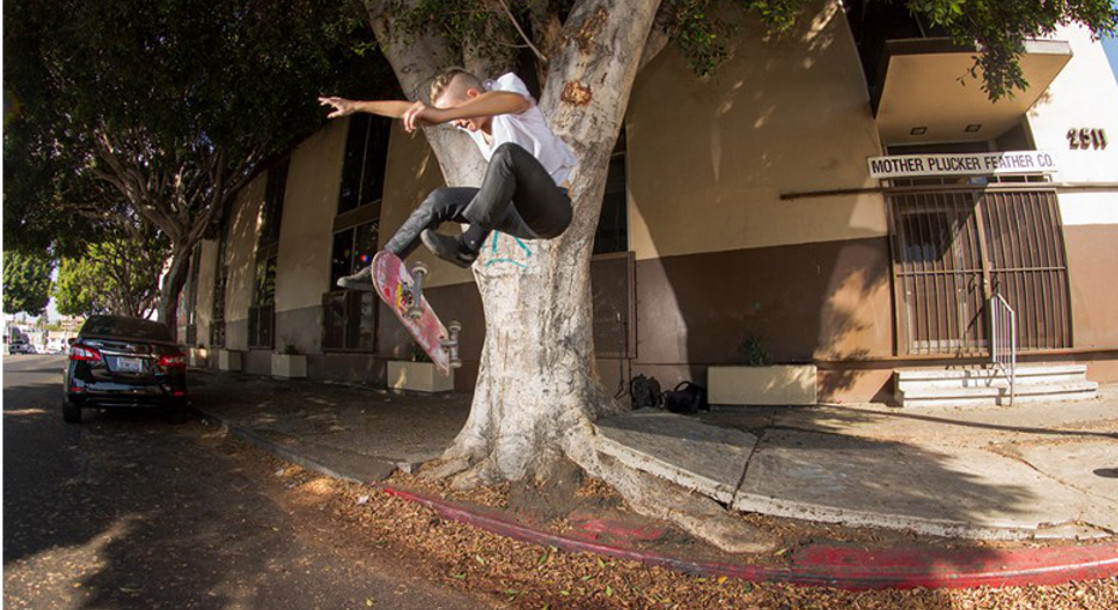The National Football League and NFL Players Association (NFL-NFLPA) just released a joint request for information on how medical cannabis could be used as an alternative to addictive opioids for pain management.
In 2019, the NFL-NFLPA created two committees to study the effectiveness of medicinal pot on players suffering from chronic pain. The league’s Pain Management Committee (PMC) held additional forums last year to research the effectiveness of CBD-based pain management, but officials concluded that there was not enough evidence to support the “hype” surrounding this popular cannabinoid.
“CBD is a promising compound, but the level of its use in the United States outpaces the level of research at this point,” the committee concluded, according to Marijuana Moment. “Most of the hype about CBD is based upon results from animal studies.”
Regardless of this lackluster conclusion, the league is still committed to learning more about weed. Last week, the PMC released an official request for information about how cannabis could be used as a replacement for opioids. Specifically, the committee is looking for investigators who would be able to conduct studies to provide more insight into discovering non-opioid options for pain management.
“The NFL-NFLPA is working to improve player health through evidence-based treatment of acute and chronic pain, and to facilitate research to better understand and improve potential alternative treatments,” the league explains. “To that end, the PMC has issued the following Request for Information (RFI) to researchers studying pain management alternatives to opioids.”
The RFI identifies three major points of interest. The committee is hoping to discover “the potential therapeutic role of medications and non-pharmacological interventions that are considered to be alternatives to opioids in routine pain management of NFL players. Medications may include, but are not limited to, cannabinoids such as cannabidiol (CBD).”
The committee is also seeking specific information on how cannabis or cannabinoids can affect athletic performance in football players. As a third point of interest, the PMC wants to learn about medications or “non-pharmacological interventions” that could help injured players with post-surgical pain management.
Interested parties have until March 31 to submit any relevant information. The NFL makes it clear that they are not guaranteeing that they will offer funding to any applicant, but are simply making a list of qualified scientists in case they do want to move ahead with their own research.
Although the NFL has been slow to adopt the established medical benefits of cannabis, the league has at least begun to back down on its extreme anti-weed policies. As part of a recent contract with the players’ union, the NFL finally agreed to stop suspending players who test positive for cannabis last year. The new rules also reduce the number of players who are tested for THC, and also reduce the total testing time period to two weeks, instead of four whole months.











